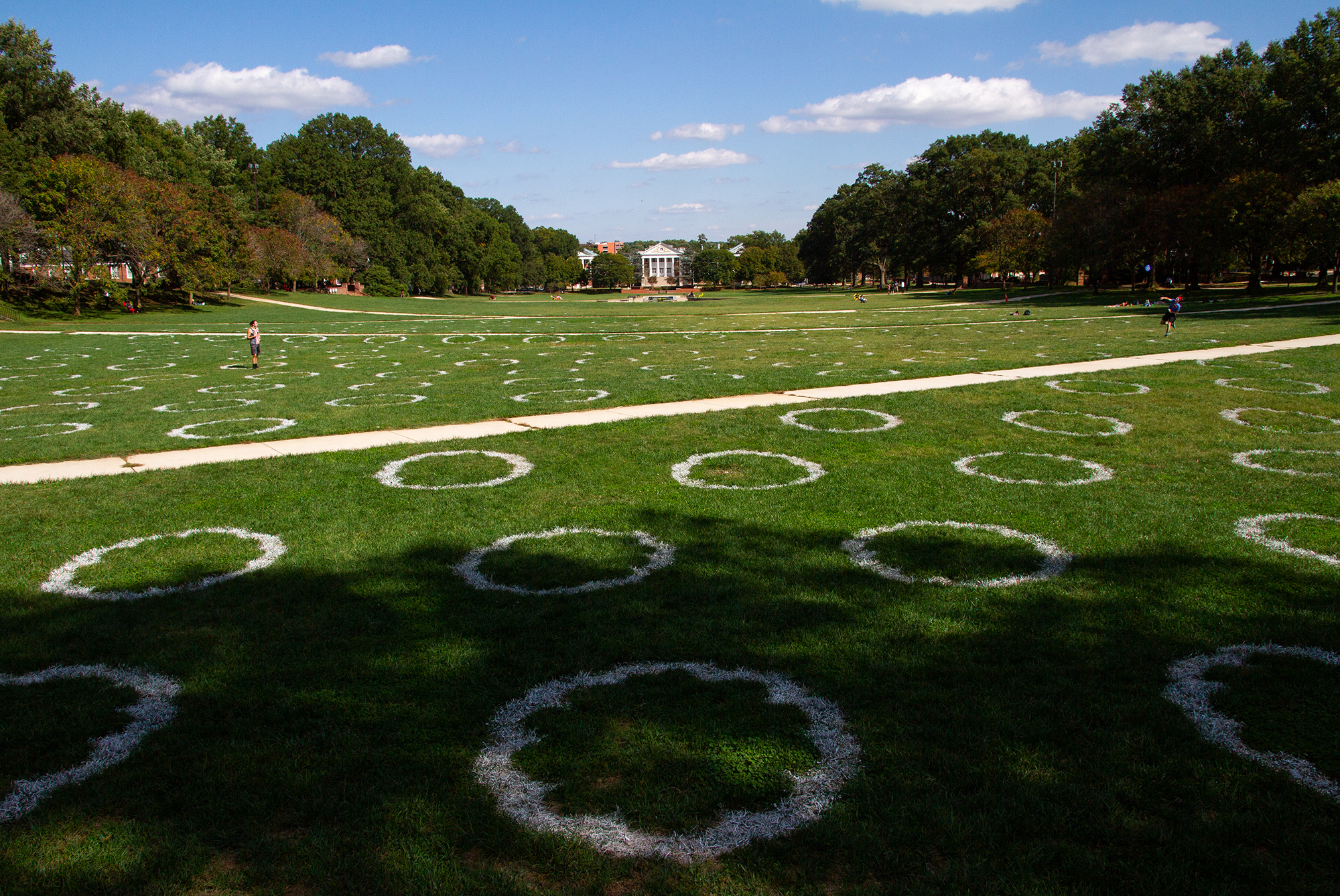Views expressed in opinion columns are the author’s own.
At this point in the semester, my sleep schedule has been completely destroyed. I wake up 15 minutes before classes start and stay up studying until the early hours of the morning. My carefully curated spreadsheet schedule, with color-coded blocks for office hours, classes and study times, has been thrown into disarray. I eat somewhere between one and five meals a day, at least half of those consisting of applesauce, cereal or peanut butter and jelly sandwiches.
Basically, I’m stressed, and my life is a mess right now.
I’m probably just one of many students who feels like this right now. After all, it’s midterm season. Nearly everyone I know is stressed and begging the gods of academia for an early-March snow day (hey, another random snow storm isn’t impossible).
Adding on to the typical mid-semester stress, we’re coming up on the one-year anniversary of the World Health Organization’s declaration of COVID-19 as a pandemic. This pandemic, with its endless cycles of quarantine and isolation, has created an additional mental health challenge for students. This university has constantly urged students to take care of our mental health during this time. But that can be a challenge without real support from the administration.
This university can help by giving us a light sprinkling — or more, if they would like to be uncharacteristically generous — of mental health days, also commonly known as wellness days.
Colleges giving out wellness days is a growing trend. Some, such as the University of North Carolina at Chapel Hill and Ohio State University, are already replacing spring break with shorter one- or two-day breaks throughout the semester due to the pandemic.
But this university doesn’t need to chop up our reasonably-sized spring break. We have massive winter and summer breaks. Borrowing a week from summer break or a few days from winter break so that students can have a random day or two off every month would go a long way toward ensuring we can afford to take time for our mental health. This would be especially helpful right before midterms, when students feel pressure similar to what they experience during finals, without having any time to destress.
The difference a single day can make is huge. As countries experiment with four-day work weeks to boost productivity during the pandemic, we should consider how the benefits of a day off might affect students as well.
When I’m falling behind on work, I can usually catch up in a day or so, but that’s difficult when there’s no way to actually get that day before the next round of exams. If we were allowed a random day or two every month to destress, catch up or just not worry about academics, students would be able to focus better and work harder on regular school days. It would be an easy way to help students help themselves succeed.
If you’re thinking that we already get plenty of break time, yes, I have no complaints about the length of Thanksgiving, winter, spring or summer breaks. But the distribution of breaks is just as important as the number of days we get off. That’s probably why weekends happen every week instead of a 104-day “year-end” at the end of the year.
But weekends don’t have the same value as breaks for students as they do for most working adults. Many students work on weekends or participate in extracurriculars, not to mention that they need to complete homework, review notes and meet for group projects during that time.
Aside from Thanksgiving and spring break, students currently only have one day off during the semester: Labor Day. This day is fairly ineffective as a break because it falls just a week or two into the fall semester, when classes have barely begun.
This university’s administration cannot expect students to work straight through another pandemic semester without struggling with stress and mental health. Telling us to take care of our mental health is both so obvious and so unhelpful. Of course we want to manage our stress and take care of our mental health — but that’s nearly impossible, given our circumstances.
If the administration wants to do something that would actually relieve the unnecessary stress and mental health challenges many of us are facing, or just make our lives a little easier during this pandemic, all they have to do is give us a few days off.
Jessica Ye is a freshman government and politics and mechanical engineering major. She can be reached at jye1@terpmail.umd.edu.



